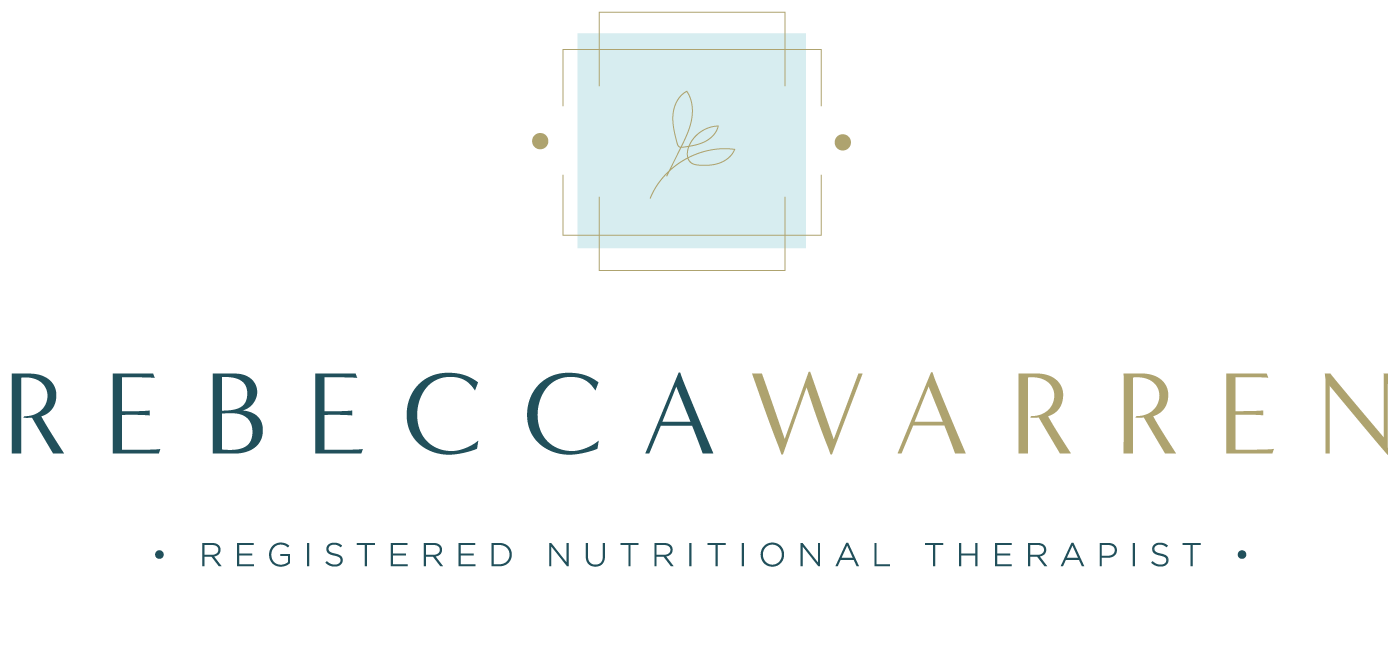WHAT IS NUTRITIONAL THERAPY?
Nutritional Therapy is the application of nutrition science in the promotion of health, peak performance and individual care. Nutritional therapy practitioners use a wide range of tools to assess and identify potential nutritional imbalances and understand how these may contribute to an individual’s symptoms and health concerns. This approach allows them to work with individuals to address nutritional balance and help support the body towards maintaining health. Nutritional therapy is recognised as a complementary medicine and is relevant for individuals with chronic conditions, as well as those looking for support to enhance their health and wellbeing.
Practitioners consider each individual to be unique and recommend personalised nutrition and lifestyle programmes rather than a ‘one size fits all’ approach. Practitioners never recommend nutritional therapy as a replacement for medical advice and always refer any client with ‘red flag’ signs or symptoms to their medical professional. They will also frequently work alongside a medical professional and will communicate with other healthcare professionals involved in the client’s care to explain any nutritional therapy programme that has been provided.

HOW IS NUTRITIONAL THERAPY REGULATED?
Before seeing a Nutritional Therapist, you should confirm that they have full membership with the British Association for Applied Nutrition and Lifestyle Medicine (BANT) and are registered with the Complementary and Natural Healthcare Council (CNHC). BANT is the professional body for Nutritional Therapists. Its primary function is to assist its members in attaining the highest standards of integrity, knowledge, competence and professional practice, in order to protect the client’s interests, nutritional therapy and the nutritional therapist.
The CNHC is the UK regulator for complementary healthcare practitioners. Sponsored by the Department of Health, the CNHC’s key role is to enhance public protection by setting standards for registration and ensuring that all registered practitioners meet the relevant National Occupational Standards.
In November 2009 the Department of Health stated: “CNHC is the only voluntary regulatory body for complementary healthcare which has official government backing. No other organisation has the same exacting criteria or focus on safety and quality.” Nutritional Therapists must meet the CNHC’s standards and maintain their professional skills through an ongoing programme of Continuing Professional Development in order to display the CNHC quality mark
WHAT IS FUNCTIONAL MEDICINE?
Functional Medicine is a systems-biology based approach that focuses on identifying and addressing the root cause of disease. Each symptom or differential diagnosis may be one of many contributing to an individuals ill health. A personalised approach to health care that establishes an individuals personal requirements by identifying and addressing the underlying cause of the problem.
Patient centred – programs are individual, based on client needs which take into account genetic, internal and external factors.
Preventative – testing and programmes are designed around the client to promote optimal health; to prevent poor health and to improve quality of life
Integrative – working with laboratories, consultants, doctors and alternative therapists (chiropractors, physiotherapists, psychologists etc) to encourage prevention through nutrition, exercise and lifestyle.
Investigative – time is taken with all clients to determine the complex web of interactions within their history, physiology and lifestyle that may have lead to their current condition. Underlying causes of the issues are addressed which leads to longer, lasting results.
Safe – programs are safe with many unrelated complaints, often resolving quickly.
WHAT CONDITIONS BENEFIT FROM FUNCTIONAL MEDICINE?
Acne
Adrenal disorders
Anxiety
Arthritis
Asthma
Autoimmune disease
Cardiovascular disease
Chronic fatigue
Chronic sinusitis
Depression
Diabetes
Eczema/psoriasis
Elevated cholesterol
Environmental and food allergies
Fatigue
Fibromyalgia
Hormonal imbalances
Interstitial cystitis
Migraines and headaches
MS (Multiple Sclerosis)
Osteoporosis
Overweight and obesity
Stress
Thyroid disorders
Digestive disorders (IBD, IBS, GERD/Reflux)
Metabolic syndrome, pre-diabetes, insulin resistance
Female health (PMS, Menopause, Infertility, PCOS)
Mental health concerns including disordered eating
“True self care is not just salt baths and chocolate cake. It is making the choice to build a life you don’t need to regularly escape from.”
Ready to book an appointment or ask a question?
Please get in touch

 take me to…
take me to…
